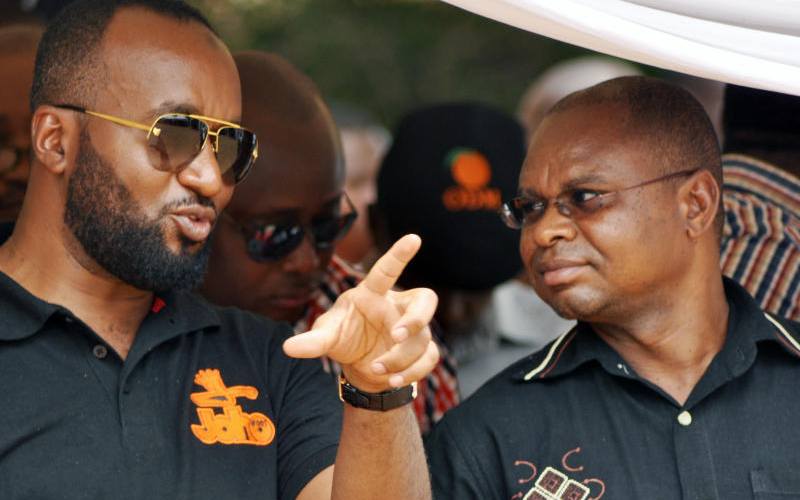×
The Standard e-Paper
Stay Informed, Even Offline

The recent push by Coast leaders to establish a political party appears to have lost steam with Deputy President William Ruto’s allies instead opting to join the United Democratic Alliance (UDA).
On Monday, Kilifi Governor Amason Kingi failed to convince 20 elected leaders to join his cause and form a regional outfit.